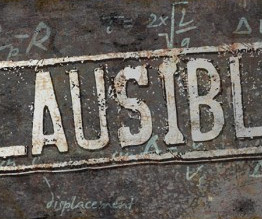Unambiguous disclosure without patent profanity (T 2171/21)
The IPKat
DECEMBER 20, 2023
US patent attorneys wishing to understand certain peculiarities of European patent drafting need look no further than the recent Board of Appeal decision in T 2171/21. This case is a textbook example of the EPO's strict approach to added matter. Profanity The patent was opposed for added matter.




















Let's personalize your content